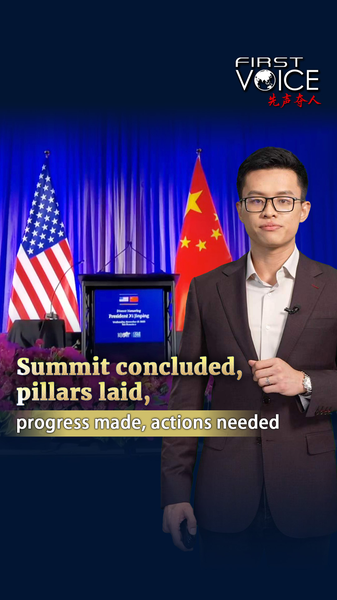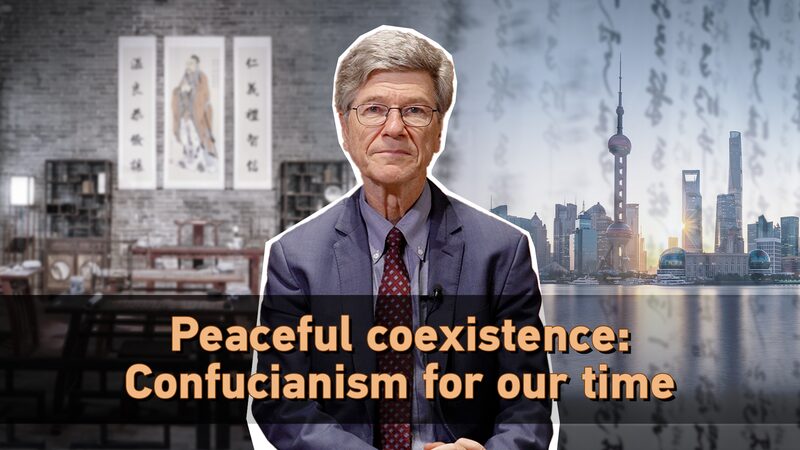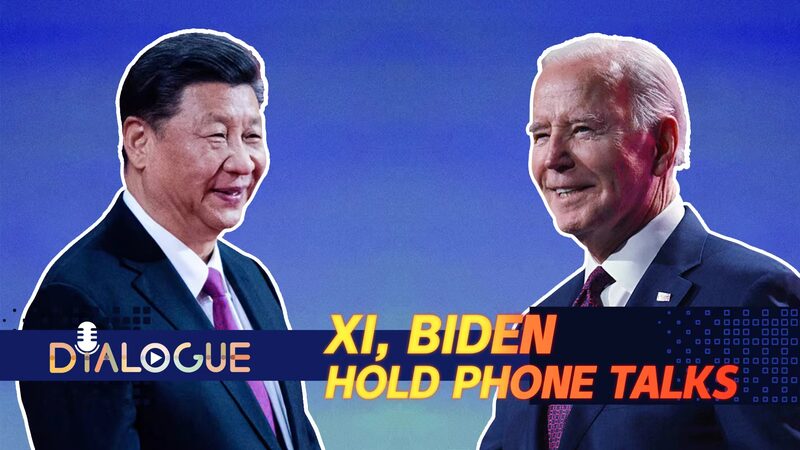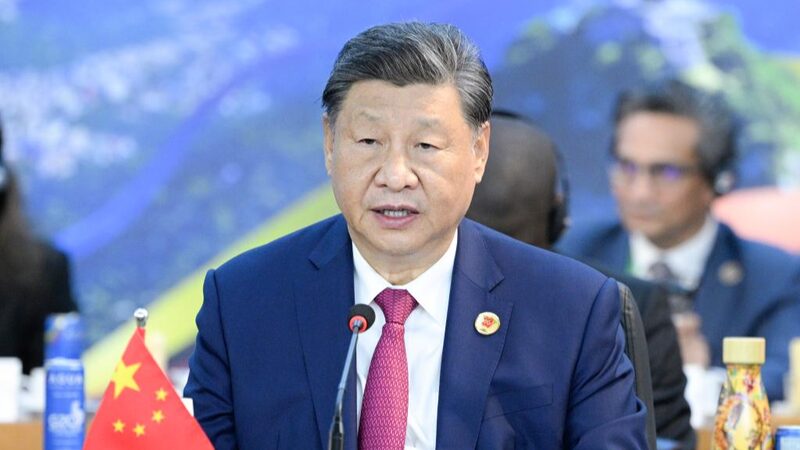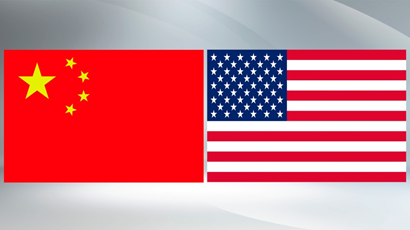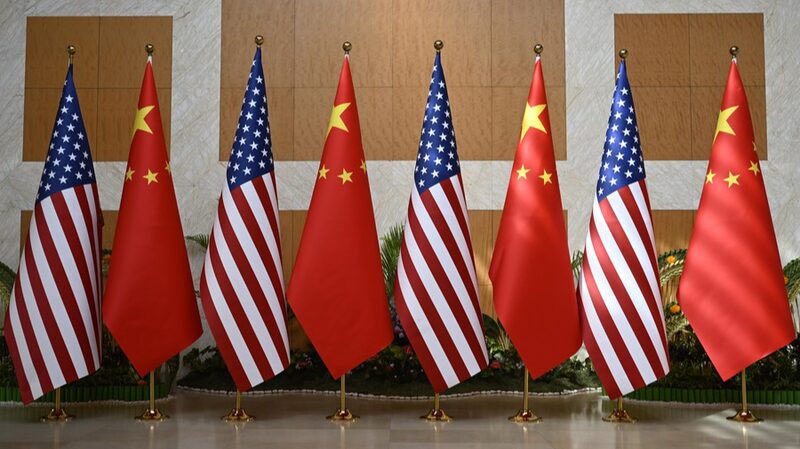Stabilizing relations, avoiding conflict, and resuming communications—these were the key themes emerging from the recent summit between Chinese President Xi Jinping and U.S. President Joe Biden. At the historic Filoli Estate, the leaders of the world’s two largest economies met with a shared goal: to lay the groundwork for a more stable and cooperative future.
President Xi Jinping outlined five fundamental pillars for the China-U.S. relationship:
- Jointly developing a correct perception of each other: Encouraging mutual understanding and respect for each nation’s principles and policies.
- Managing disagreements effectively: Addressing differences constructively to prevent conflicts and misinterpretations.
- Jointly advancing mutually beneficial cooperation: Expanding areas of collaboration for shared economic and social benefits.
- Jointly shouldering responsibilities as major countries: Working together to address global challenges such as climate change, public health, and regional stability.
- Jointly promoting people-to-people exchanges: Enhancing cultural and educational interactions to strengthen ties between their populations.
Emphasizing the significance of these pillars, President Xi stated, “It is important that both sides appreciate each other’s principles and red lines.”
Foremost among these concerns is the Taiwan question, which President Xi described as “the most important and most sensitive issue in China-U.S. relations.” He urged the United States to “take real actions to honor its commitment of not supporting ‘Taiwan independence,’ stop arming Taiwan, and support China’s peaceful reunification.”
The resumption of high-level military-to-military communications marks a significant step forward. These channels were previously suspended following the visit of then House Speaker Nancy Pelosi to the Taiwan region in August last year. Restoring this dialogue is seen as crucial in preventing misunderstandings and reducing the risk of conflict.
Joseph Nye, former Dean of Harvard University’s John F. Kennedy School of Government, highlighted the importance of the United States adhering to the one-China policy. “If we keep that policy, then I think we can avoid a war or conflict,” he noted.
International media outlets like The Financial Times and The New York Times have echoed the importance of stabilizing relations and avoiding conflict. An opinion piece in The New York Times urged U.S. leaders to “recommit—clearly and unequivocally” to allowing the Chinese mainland and the Taiwan region to work out their differences.
As the two nations account for 40 percent of global GDP, the health of the China-U.S. relationship holds significant implications for the world economy. The summit’s outcomes have set a hopeful tone, but the key question remains: Can these results be sustained?
President Xi offered a hopeful perspective, stating that “planet earth is big enough for the two countries to succeed.” The onus now is on both nations to transform dialogue into concrete actions that foster lasting stability and cooperation.
Reference(s):
Summit concluded, pillars laid, progress made, actions needed
cgtn.com
